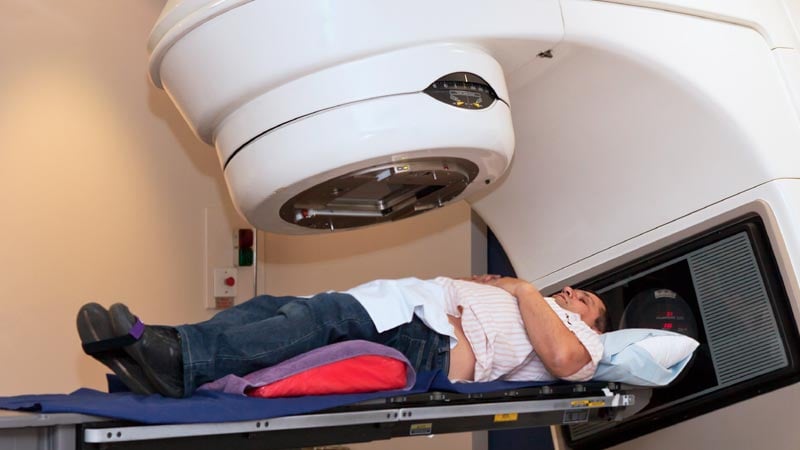- Joined
- Oct 4, 2017
- Messages
- 5,426
- Reaction score
- 10,644
Medonc compensation is not based on high cost of drugs but supply and demand, just like psychiatry. Demand for medonc will probably increase with time as indications expand and pts live longer. All those 70 year olds getting io went to hospice 5 -10while we can talk about the issues with rad onc, i think its a fallacy to give med students this false dichotomy between rad onc and med onc. The current compensation for med onc is likely unsustainable and is more likely than not to decrease in the 7 years when they finish their training. The footprint of current med onc salary will likely come under scrutiny - its not a matter of if, but when
years ago. Lastly a medonc under no circumstances will ever face unemployment.
Last edited:




